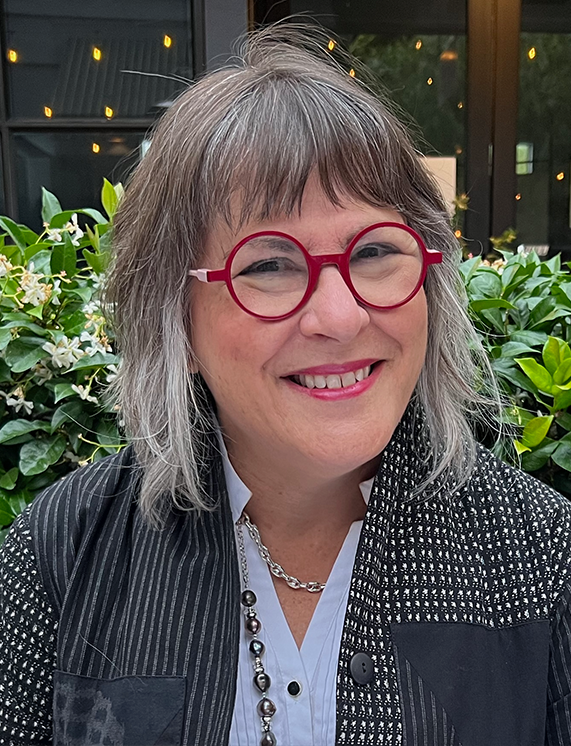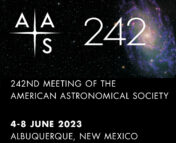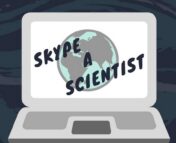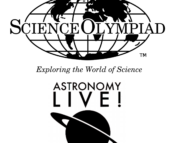In this series of posts, we sit down with a few of the keynote speakers of the 242nd AAS meeting to learn more about them and their research. You can see a full schedule of their talks here, and read our other interviews here!
What does it mean to achieve scientific literacy in society? This question, an especially critical one in today’s changing climates, will be addressed by Dr. Linda Shore in her plenary talk at AAS 242. Shore’s decades-long service to the field of Astronomy education has been awarded the AAS Education Prize, of which Carl Sagan was the inaugural recipient.

“It’s quite awe-inspiring for me to get this,” said Shore of the award that honors a lifetime of achievement. For her, over 20 years of it were spent working as the director of the Teaching Institute at San Francisco’s Exploratorium, a place which she credits to have shaped her way of looking at education. Shore recounts the story of the Exploratorium, which at its inception was just a large warehouse space on Pier 15. Here, Frank Oppenheimer invited scientists and artists to build, tinker with, and create exhibits that visitors themselves could play with and tinker more to explore how things work. Exhibits there looked like they were made just the day before, and if someone broke them, big deal – they just got wheeled to the shop and put together again.
Over her career there, Shore has propagated this philosophy beyond the San Francisco warehouse by training teachers on how to bring the Exploratorium to their classrooms, and how to have their students build little tabletop models of the giant exhibits.
According to Shore, the most effective way of facilitating education is to remember that you’re not only teaching Astronomy, but you’re also teaching people. “You have to pay attention to what they’re doing and what they’re thinking and what they’re asking you,” she said.
The idea of scientific literacy, Shore said, is about giving people the capacity to be interested in science. It’s not important that everybody knows all the facts. As an example, it is not necessary to focus on how many people understand what causes the phases of the moon. The question is, can they figure it out for themselves? And do they have the confidence to figure it out for themselves? That should be the goal for us as astronomy educators–and it involves studying how people learn and think.
Shore has witnessed the world of astronomy outreach evolve over the years, from being largely restricted to television programs, to easy access to live information on the web as well as a growing list of research facilities where people directly speak with experts. Most big observatories today such as Vera Rubin Observatory, LIGO, VLA have their own outreach centers doing a terrific job of public engagement. Amateur astronomy clubs and societies can be found at local, regional and national levels. Today, Shore is the Chief Executive Officer of one such society, the Astronomical Society of the Pacific (ASP), whose mission is to help people share their love of astronomy with someone else–to be better communicators, educators, and parents.
For all budding astronomers, Shore has the following message: “You are entering a world that needs you more than ever in terms of communicating with the public. We live in a world of fake facts, distrust of science and the existential threat of climate change. There is a role for astronomers to play because it’s a planetary problem.”
To hear more about developing scientific literacy and engaging the public, tune into Dr. Linda Shore’s Plenary Lecture at 4:40 pm MT on Tuesday, June 6th at #AAS242!
Edited by: Ali Crisp
Featured image credit: AAS



